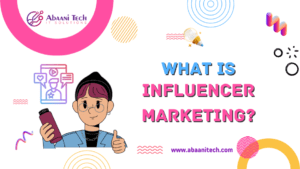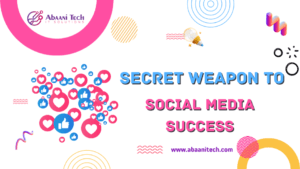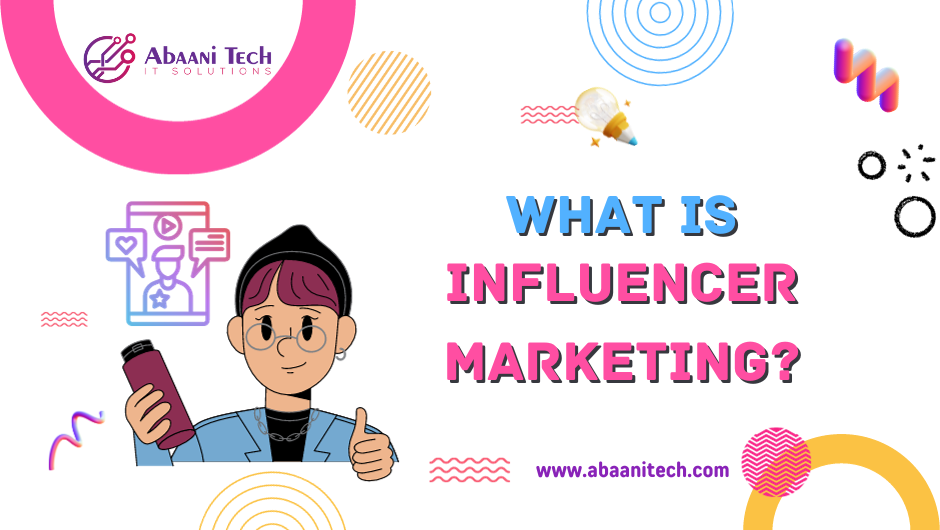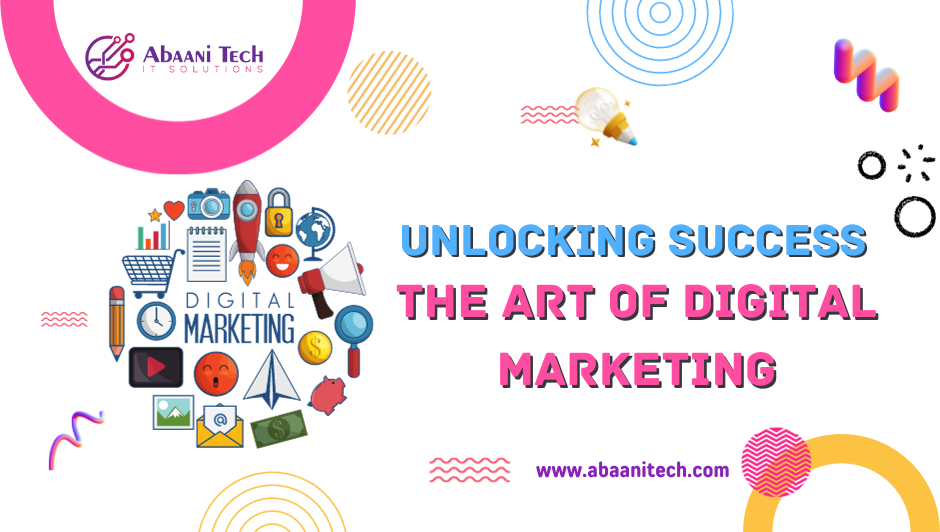The Future of Marketing Automation


In the ever-evolving landscape of marketing, staying ahead of the curve is essential for businesses looking to thrive. One of the most significant advancements in recent years has been the rise of marketing automation. This powerful tool has transformed the way companies engage with their audience, streamline their operations, and boost their bottom line.
Marketing automation has come a long way since its inception. It’s no longer just about sending mass emails or scheduling social media posts. It’s a dynamic and intelligent system that enables businesses to reach their target audience with the right message at the right time.
In this article, we will delve into the various aspects of marketing automation, its evolution, benefits, challenges, and future trends.
- What is Marketing Automation?
- The Evolution of Marketing Automation
- Benefits of Marketing Automation
- The Role of AI and Machine Learning
- Omnichannel Marketing Automation
- Challenges and Concerns
- The Future Trends
- Industries Embracing Marketing Automation
- The Human Element in Marketing Automation
- The Future Workforce in Marketing Automation
- Conclusion
- FAQs
What is Marketing Automation?
Marketing automation is a technology that allows businesses to automate, streamline, and measure marketing tasks and workflows. It encompasses a wide range of activities, including email marketing, lead generation, customer segmentation, and analytics.
The primary goal is to optimize marketing efforts, increase efficiency, and drive revenue growth.
The Evolution of Marketing Automation
Marketing automation, as a concept and a set of technologies, has undergone a remarkable evolution over the years. It has transformed from its humble beginnings as a basic email marketing tool into a sophisticated and integral component of marketing strategies for businesses of all sizes.
To understand this evolution better, let’s delve into the various stages of its development.
1. Early Days of Email Marketing:
- The journey of marketing automation can be traced back to the early days of email marketing. Businesses started using email as a means to reach out to their customers in a more direct and cost-effective manner.
- At this stage, automation primarily involved scheduling and sending bulk emails to a list of subscribers. While it was more efficient than manual emailing, it lacked the sophistication and personalization we see today.
2. Introduction of Customer Relationship Management (CRM):
- As businesses recognized the need to manage customer data more effectively, Customer Relationship Management (CRM) systems came into play. CRM systems allow for better tracking of customer interactions and behaviors.
- Marketers started integrating email marketing with CRM, enabling them to send more targeted and relevant messages to different segments of their audience.
3. Rise of Behavioral Triggers:
- The next significant development was the introduction of behavioral triggers. Marketers began using automation to send emails triggered by specific actions or events. For example, a welcome email could be automatically sent when a user subscribes to a newsletter.
- This shift toward event-based automation marked the beginning of personalized communication at scale.
4. Expansion Beyond Email:
- Marketing automation expanded beyond email. It started encompassing various digital marketing channels, such as social media, SMS, and web personalization.
- Businesses realized that effective marketing automation required a holistic approach, where customer interactions were tracked and managed across multiple touchpoints.
5. Introduction of AI and Machine Learning:
- Perhaps the most significant leap in the evolution of marketing automation came with the integration of artificial intelligence (AI) and machine learning (ML). These technologies allowed for predictive analytics, content recommendations, and data-driven decision-making.
- AI and ML enabled marketers to understand customer behavior on a deeper level and deliver highly personalized content and offers.
6. Omnichannel Marketing Automation:
- Today, marketing automation has evolved into an omnichannel strategy. It’s not limited to specific channels but aims to provide a seamless customer experience across various platforms.
Benefits of Marketing Automation
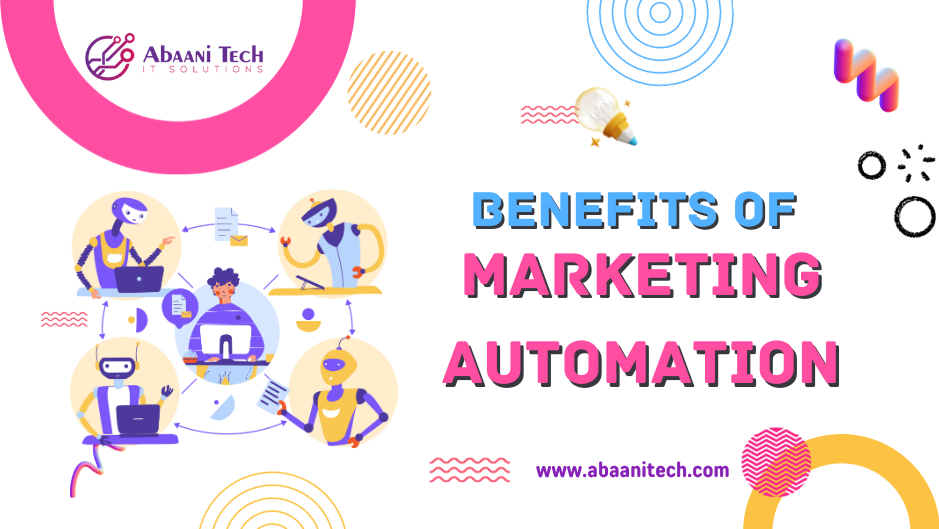

There are some benefits of marketing automation that you should know before doing that:
1. Increased Efficiency
One of the key benefits of marketing automation is its ability to automate repetitive tasks. This frees up valuable time for marketers to focus on strategic initiatives, creativity, and building relationships with customers.
2. Enhanced Personalization
Marketing automation allows for highly personalized communication with customers. By analyzing customer data and behavior, businesses can send targeted messages that resonate with individual preferences.
3. Improved Lead Nurturing
Nurturing leads is crucial for converting prospects into customers. Marketing automation helps in lead scoring and nurturing by delivering the right content to the right leads at the right time.
4. Data-Driven Insights
Marketing automation provides valuable data and analytics. Marketers can track campaign performance, user engagement, and ROI, enabling data-driven decision-making.
The Role of AI and Machine Learning
Artificial Intelligence (AI) and Machine Learning (ML) have revolutionized the way businesses approach marketing automation. These technologies have become integral components in modern marketing strategies, enabling companies to make data-driven decisions, personalize customer experiences, and optimize their marketing efforts.
Omnichannel Marketing Automation
The future of marketing automation lies in delivering a seamless customer experience across multiple channels. Businesses need to integrate their marketing efforts across email, social media, websites, and more.
Challenges and Concerns
While marketing automation offers tremendous benefits, it also comes with challenges:
- Data Privacy and Security: Collecting and using customer data must be done responsibly to address privacy concerns and comply with regulations.
- Over-Automation: Excessive automation can lead to robotic, impersonal interactions. Striking the right balance is crucial.
- Integration Complexities: Integrating various tools and systems into a cohesive marketing automation strategy can be complex and time-consuming.
The Future Trends
Some of the future trends for marketing automation are:
- Predictive Analytics: Predictive analytics will become more accurate, helping businesses anticipate customer behavior and tailor their marketing accordingly.
- Chatbots and Virtual Assistants: Chatbots and virtual assistants will play a significant role in customer support and engagement, providing instant responses and assistance.
- Hyper-Personalization: Marketing automation will continue to push the boundaries of personalization, delivering hyper-personalized content and offers.
Industries Embracing Marketing Automation
Marketing automation is not limited to a single industry. It’s being adopted across various sectors, including e-commerce, healthcare, finance, and more.
The Human Element in Marketing Automation
While automation is on the rise, the human touch remains essential. Marketers will continue to play a pivotal role in crafting creative campaigns and strategies.
Measuring the success of marketing automation goes beyond ROI. Metrics like customer satisfaction, retention rates, and brand loyalty will gain prominence.
The Future Workforce in Marketing Automation
The workforce in marketing automation is undergoing significant changes as technology, particularly artificial intelligence (AI) and machine learning (ML), continues to advance.
Here’s a look at the future of the workforce in marketing automation:
1. Data Scientists and Analysts:
- Demand: With the increasing reliance on data-driven decision-making, the demand for data scientists and analysts will continue to grow.
- Role: These professionals will play a pivotal role in collecting, processing, and analyzing vast amounts of data to derive actionable insights for marketing campaigns.
2. AI and ML Specialists:
- Demand: As AI and ML become more integral to marketing automation, there will be a growing need for specialists who can develop and fine-tune AI algorithms and models.
- Role: These specialists will focus on creating predictive analytics models, personalization algorithms, and AI-driven chatbots that enhance marketing strategies.
3. Marketing Technologists:
- Demand: The fusion of marketing and technology requires experts who understand both domains. The demand for marketing technologists will rise as companies seek individuals who can implement and manage marketing automation tools.
- Role: Marketing technologists will be responsible for selecting the right automation platforms, integrating them into existing systems, and ensuring their efficient operation.
4. Content Creators and Copywriters:
- Demand: Even with automation, there will always be a need for creative professionals who can craft compelling content and copy that resonates with audiences.
- Role: Content creators will work alongside automation tools to develop content strategies, write engaging copy, and produce multimedia content that drives customer engagement.
5. UX/UI Designers:
- Demand: User experience (UX) and user interface (UI) designers will continue to be in demand as companies strive to create seamless and user-friendly customer journeys.
- Role: These designers will collaborate with AI and ML specialists to ensure that AI-driven interfaces, chatbots, and personalized experiences are visually appealing and intuitive.
6. Customer Experience Analysts:
- Demand: The focus on customer experience (CX) will remain a top priority, leading to an increased demand for CX analysts.
- Role: These analysts will use data and AI tools to measure, analyze, and optimize the customer journey, helping companies deliver exceptional experiences.
7. Cybersecurity Experts:
- Demand: With the reliance on data and automation, cybersecurity experts will be essential to protect sensitive customer data from cyber threats.
- Role: They will work to ensure the security of marketing automation platforms, customer databases, and online interactions.
8. Continuous Learners:
- Requirement: Given the rapid evolution of technology in marketing automation, a commitment to continuous learning will be essential for all professionals in this field.
- Role: Professionals will need to stay updated on emerging technologies, best practices, and industry trends to remain effective in their roles.
The future workforce in marketing automation will be a blend of data scientists, AI specialists, creative professionals, and experts in technology and customer experience. Collaboration between these diverse roles will be crucial to harness the full potential of marketing automation technologies and deliver outstanding customer experiences in an increasingly digital and data-driven landscape.
Conclusion
The future of marketing automation is incredibly promising. As technology continues to advance, businesses that embrace and adapt to these changes will gain a competitive edge.
By understanding the evolution, benefits, challenges, and future trends of marketing automation, you can position your business for success in the digital age.
FAQs
- What is the primary goal of marketing automation?
Marketing automation aims to optimize marketing efforts, increase efficiency, and drive revenue growth.
- How does marketing automation enhance personalization?
Marketing automation analyzes customer data and behavior to send highly personalized messages that resonate with individual preferences.
- What are the challenges of marketing automation?
Challenges include data privacy and security, over-automation, and integration complexities.
- What are the future trends in marketing automation?
Future trends include predictive analytics, chatbots, and hyper-personalization.
- Why is the human element still crucial in marketing automation?
Marketers play a vital role in crafting creative campaigns and strategies, ensuring a human touch in automated interactions.

